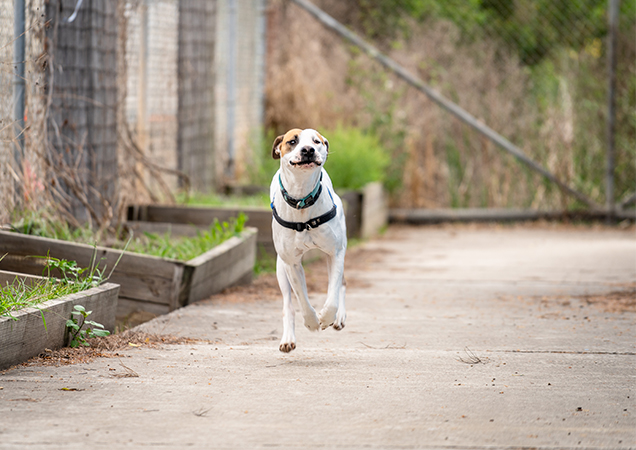Sometimes our pets get lost and it may be hard to locate them, sometimes storms and fireworks also trigger escape behaviour. Pets that are lost may show different behaviours to when they are in the comfort of their homes.
- Shop Online
- News & Events
- Blog
- Contact
- Seen an animal in distress? Call 1300 ANIMAL(264 625)
-





